Why Knowledge Is Power: The Importance of Knowledge
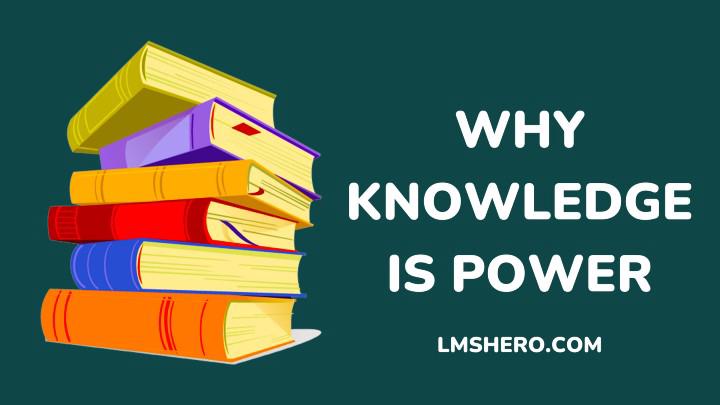
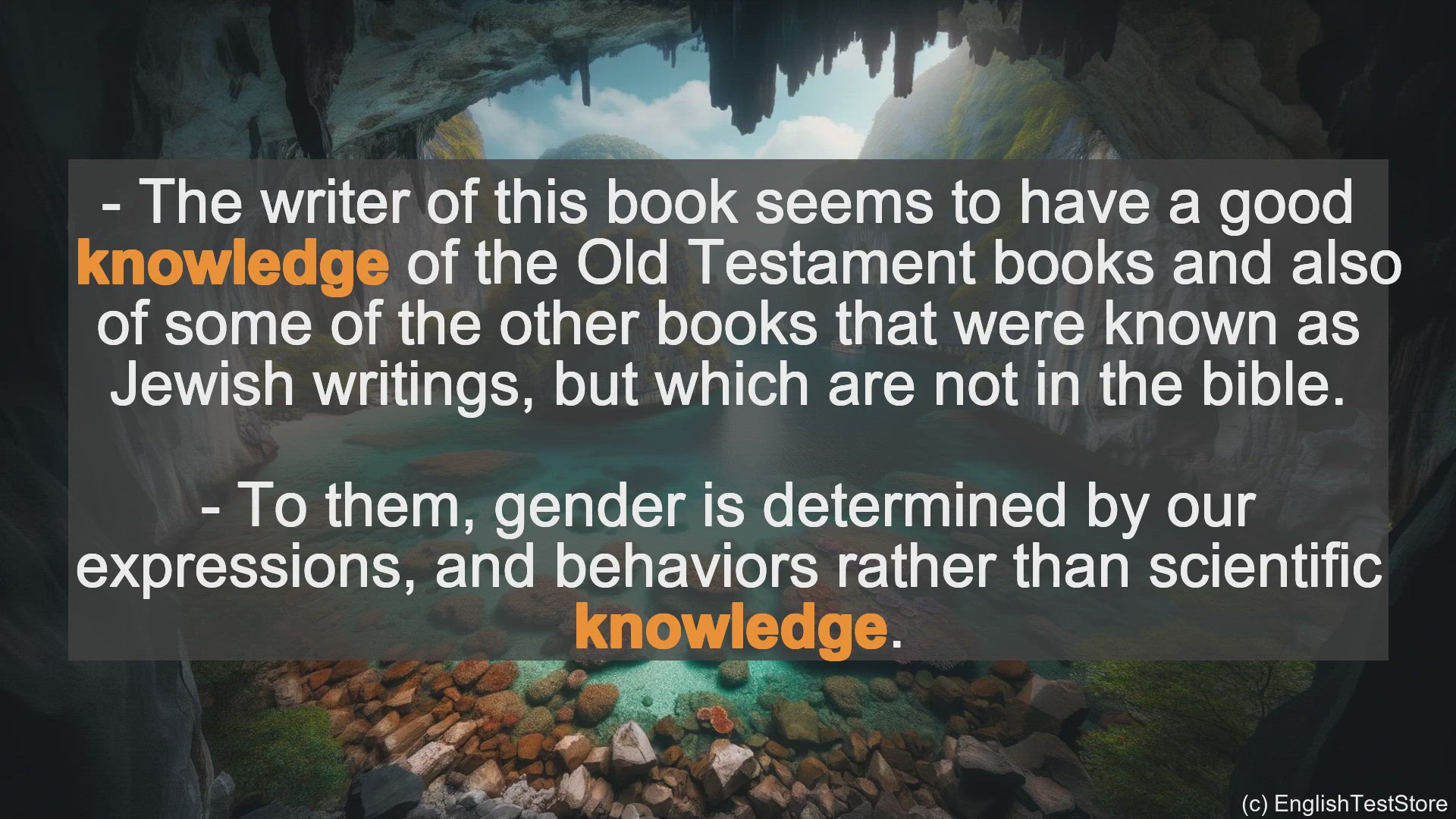




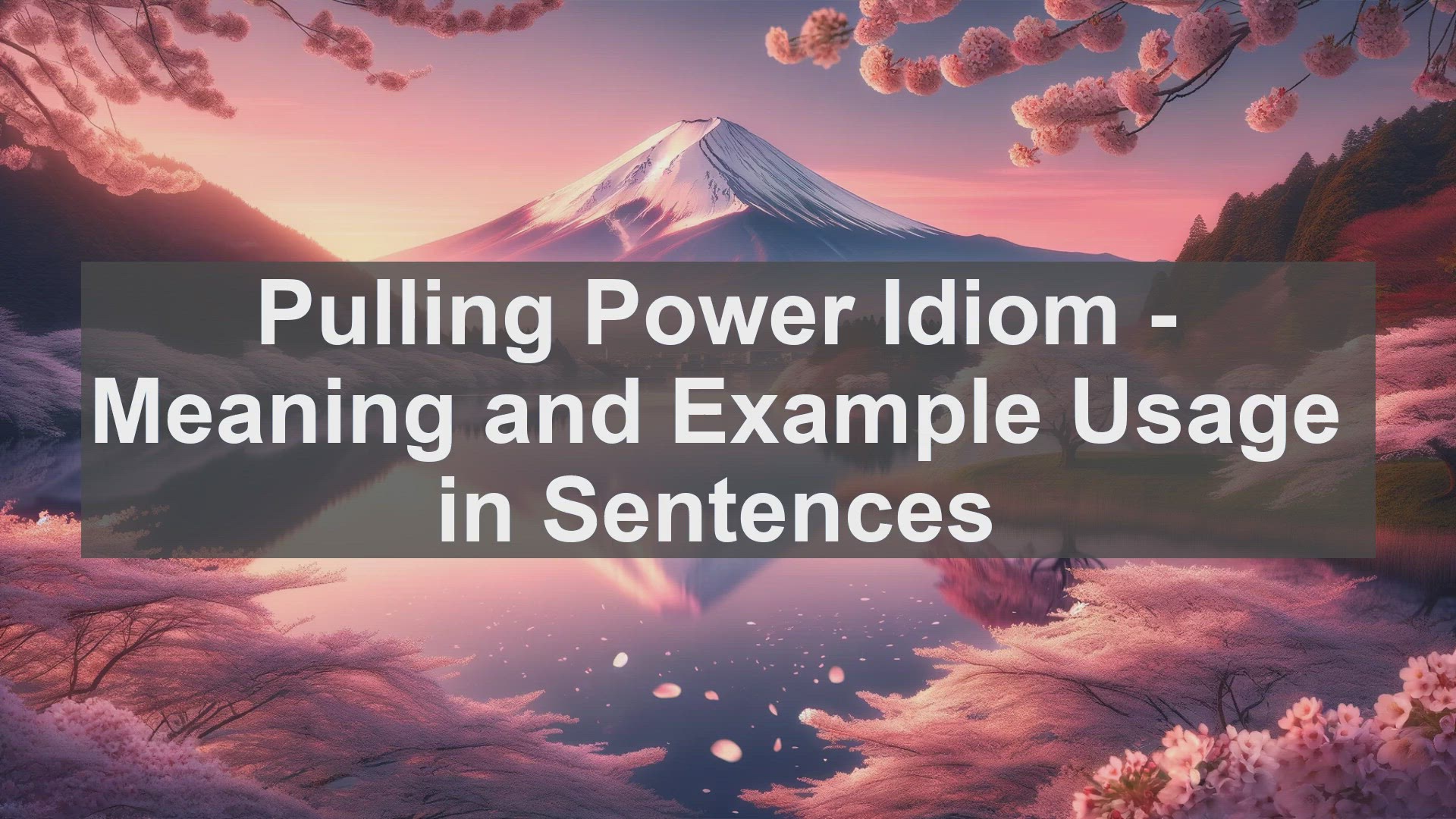
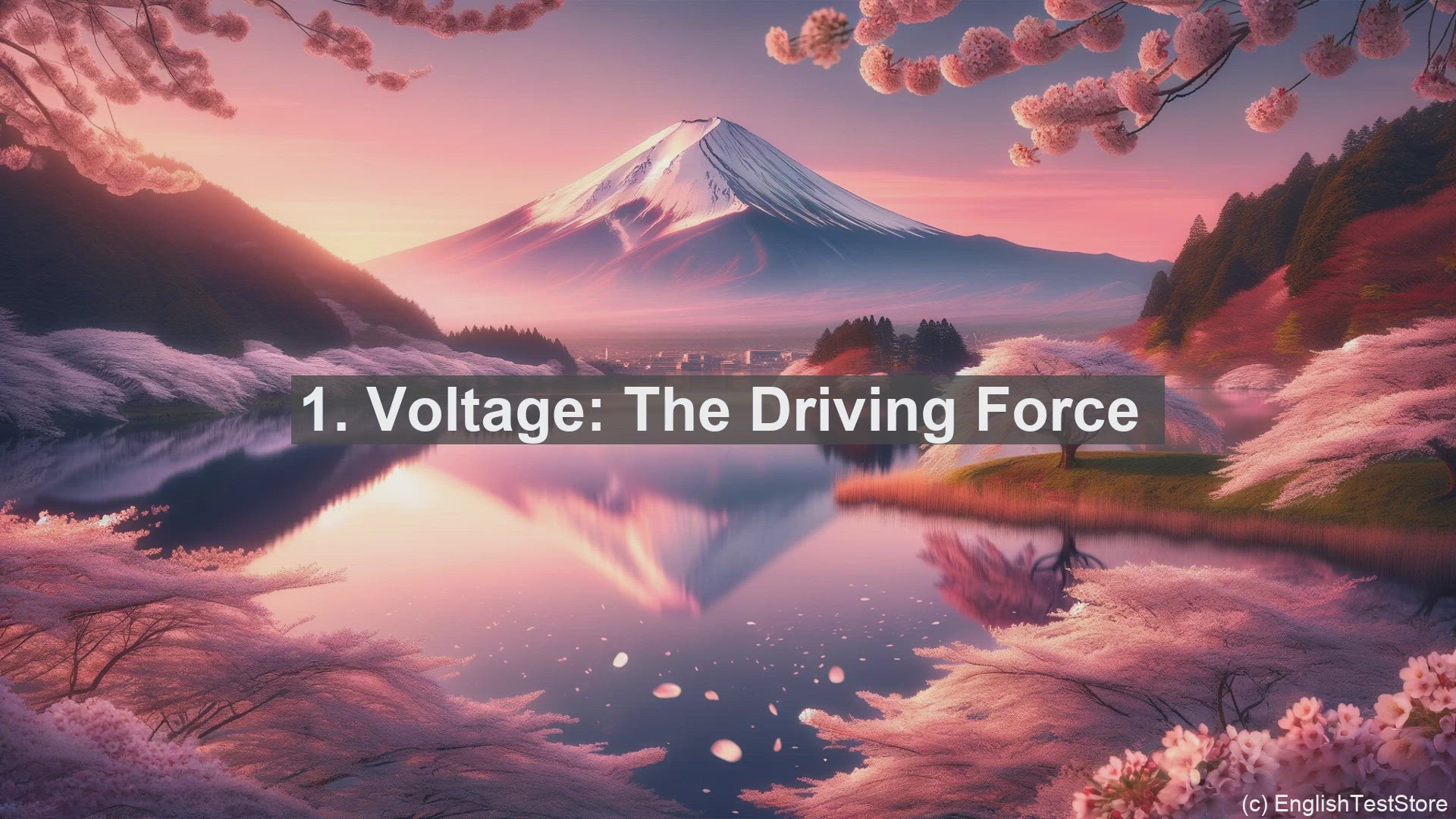

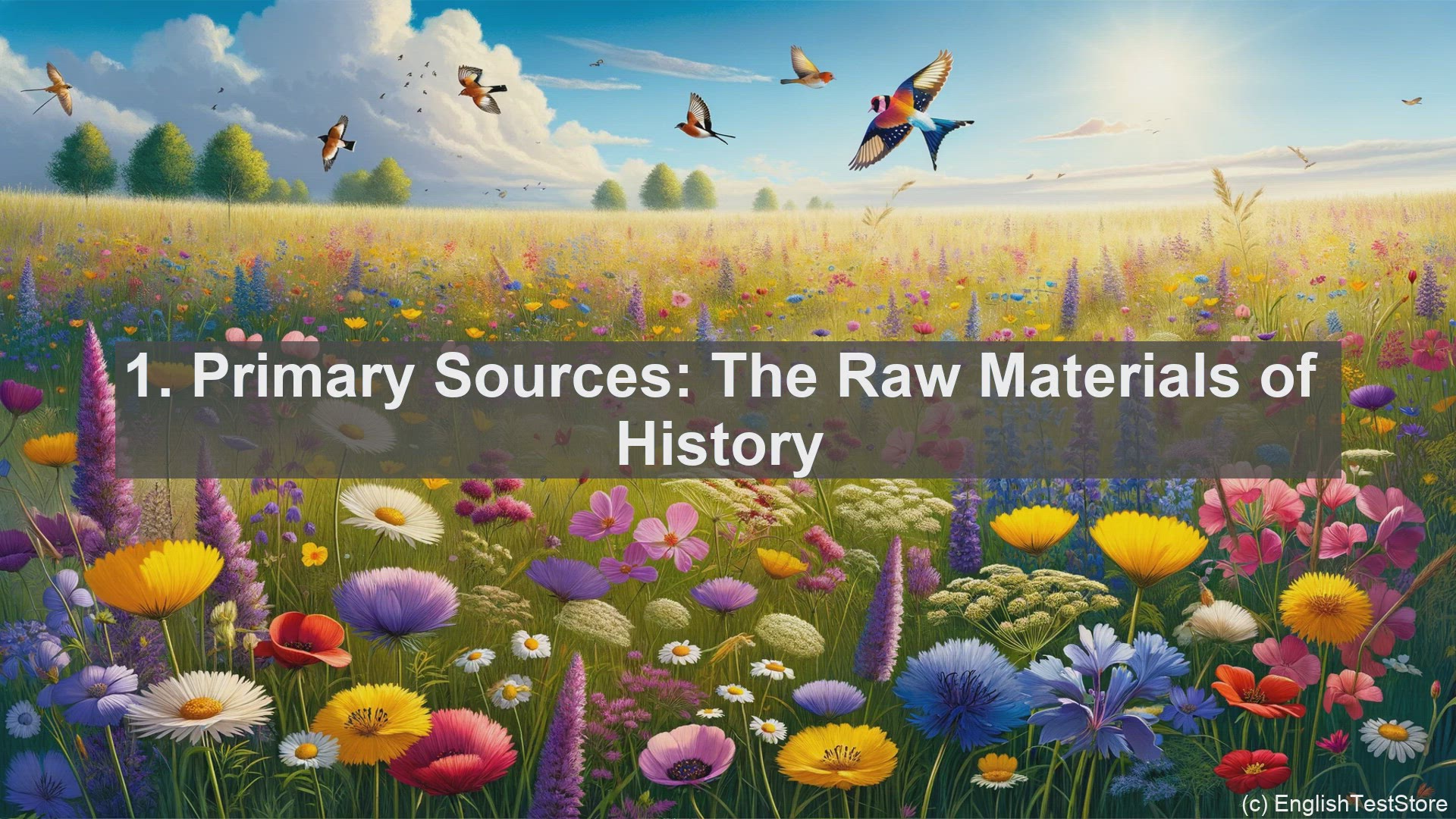











Play Video
Knowledge In Sentences - Examples Of Knowledge In Sentences
Often you hear the phrase “knowledge is power,” especially in educational establishments that wish to attract students.
As short as this phrase is, it can pose certain challenging questions like “how does knowledge amount to power?”.
 This article explores why knowledge is power, how to acquire knowledge, and when knowledge is useless.
This article explores why knowledge is power, how to acquire knowledge, and when knowledge is useless.
Table of Contents show
What is knowledge?
You can define knowledge as what you learn, understand, and retain in your memory. This can range from your ability to find a location using resources to something simple as learning the alphabet and numbers.  Knowledge is also the ability to remember specific details about an event, regardless of when it occurred.
Knowledge is also the ability to remember specific details about an event, regardless of when it occurred.
This means being aware of facts concerning an event or subject and remembering practical skills and how to utilize them.
You can acquire knowledge through various means. However, the most significant means of acquiring knowledge is through perception. This refers to using your five senses (smell, touch, sight, taste, and hearing) to gain information.
What are other means of gaining knowledge?
1. Rational intuition
Logical intuition, also known as mathematical or rational intuition, is a collection of innate foresight, knowledge, and intelligence.
This collection is frequently linked to the perception of logical or mathematical truth and the capacity to solve mathematical problems effectively.
You use logical intuition to build algorithms and strategies, prove mathematical theorems, evaluate logical arguments, and in other situations involving mathematical obstacles.
Individual differences may exist in one’s capacity to detect logical or mathematical truth and discern workable solutions.
They might even be the outcome of acquired wisdom and experience, which you can develop.
2. Testimony
Testimony according to the law can be described as a declaration of fact or statement obtained from a witness that serves as evidence.
They can come in written or oral form, and a court of law is usually made under oath with a penalty of perjury if found false.
Written or oral testimony is typically witnessed by one or more people who swear or acknowledge its authenticity under penalty of perjury.
This happens for it to be accepted for maximum reliability and validity.
3. Memory
In memory, material or knowledge is encoded, stored, and retrieved when needed. It is the process of holding onto knowledge to influence future behavior.
Language, relationships, and the development of personal identity would all be impossible without the ability to remember the past.
4. Inference
Inferences are steps in reasoning that connect premises to logical conclusions. Deduction and induction are the two categories into which inference is theoretically and traditionally split.
A deduction is an inference that draws logical conclusions from premises that are known to be true or that are presumed to be true. Induction is drawing a general conclusion from specific facts.
5. Introspection
Examining your conscious thoughts and feelings is known as introspection. Introspection in psychology refers to the process of observing your mental state. From a spiritual perspective, it may refer to the analysis of your soul.
In contrast to external observation, introspection is intimately tied to your self-reflection and self-discovery.
Your experience of your mind is unique because introspection typically grants privileged access to your mental states, uninfluenced by outside sources of knowledge.
Any mental state, such as sensory, physiological, cognitive, emotional, and so forth, can be identified by introspection.
How is knowledge power?
Knowledge allows you to exert control over natural forces and use them to your advantage.
With the right information, you can make powerful moves, exploit your opponents’ weaknesses, and control certain outcomes to favor you.
“Knowledge is power” refers to your ability to govern all aspects of your life through knowledge.
You become powerful through your capacity for knowledge acquisition, preservation, and transmission to the next generation.
Knowledge directs you in the proper direction and your plans. You can distinguish between good and bad, right and wrong, thanks to knowledge.
It also teaches you how to overcome your flaws and limitations and deal with obstacles as quickly as possible with confidence.
For example, you seek a job or a position of power. Knowing certain facts and suitable information about the title you seek gives you the advantage and leveraging power to secure that title.

What is the importance of knowledge?
Knowledge gives those who possess its options and opportunities, helps you solve issues, creates great leaders, and builds character.
As a result of the importance placed on educational knowledge, many nations have established formal education as a requirement for citizenship.
Knowledge can overcome issues, including those that arise in daily life. Your ability to think and solve problems is improved by knowledge.
A solid knowledge base facilitates a more efficient and effective brain operation. With the power of knowledge, you grow smarter and more adept at problem-solving.
Is knowledge truly power?
No, knowledge alone is not power unless it is acted upon. Your ability to convert the knowledge you have into something useful is power.
Unless you possess the ability to act on the knowledge you possess, then you cannot classify knowledge as power.
Too many obstacles hinder the ability to act upon information, so knowledge alone cannot be considered power. Such obstacles include;
- Not accepting that the information is true
- Bias against the source of knowledge
- Not accepting the information as facts
- Being too busy to act on your knowledge
- Not having the financial capacity or resources to make use of your knowledge
- Lack of courage or confidence to act on it
- Inability to collaborate with others to achieve desired results
- Lack of leadership or political skills to influence support



































